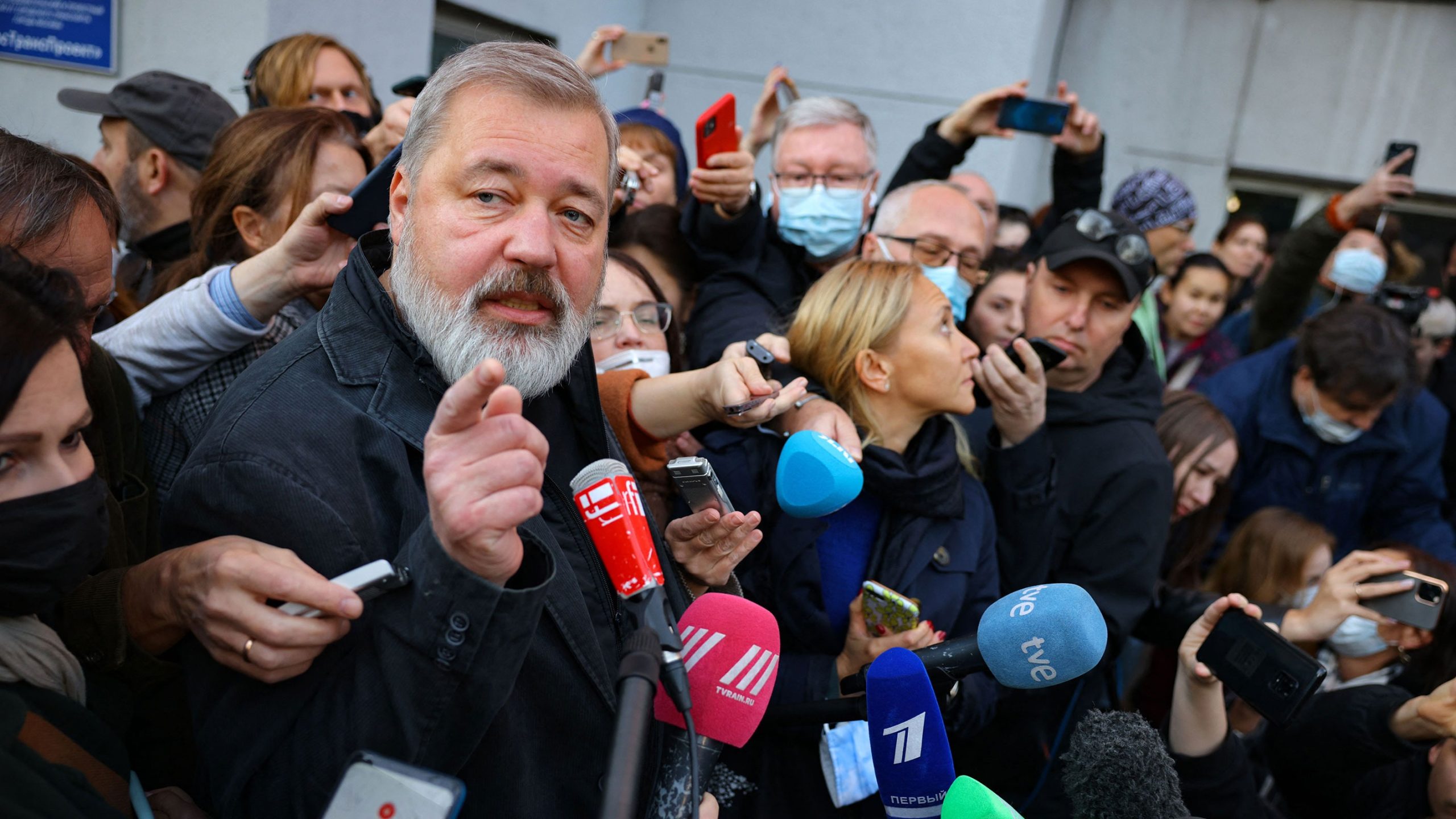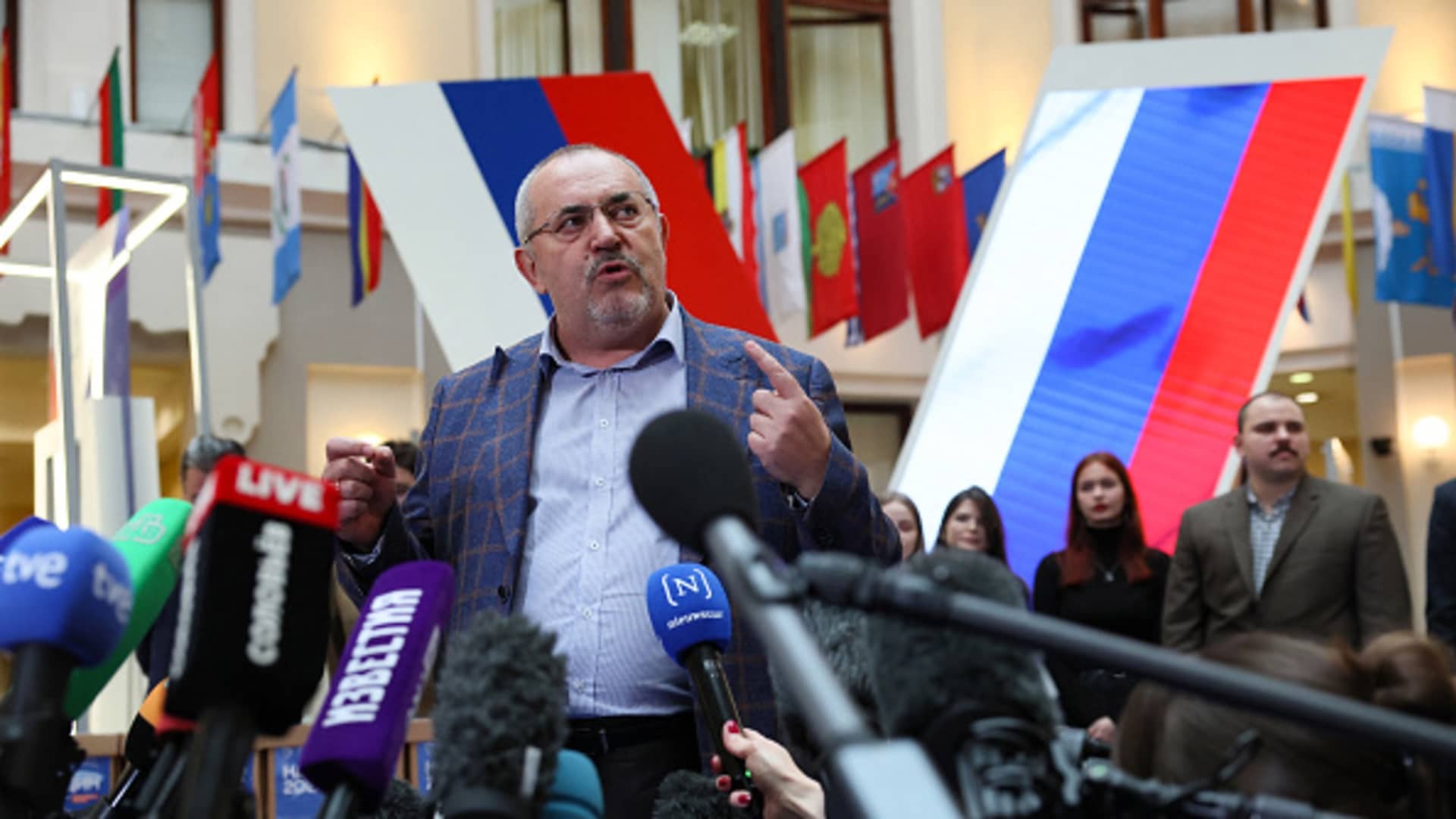The Kremlin’s efforts to sideline a potential political rival to Russian President Vladimir Putin have become evident as Boris Nadezhdin, an anti-war politician, has stepped forward to contest the upcoming March presidential election.
Nadezhdin, known for his stance against military intervention, submitted his candidacy to Russia’s electoral committee last week, accompanied by over 100,000 signatures of support, a requisite for eligibility in the election.
However, given Russia’s system of “managed democracy” and the Kremlin’s firm grip on domestic politics, analysts speculate that the Central Election Commission will likely find reasons to discredit Nadezhdin’s candidacy.

Kremlin Dismisses Threat from Anti-War Election (Credits: CNN)
Dmitry Peskov, Putin’s Press Secretary, downplayed Nadezhdin’s political significance, indicating that the Kremlin doesn’t perceive him as a substantial threat.
Meanwhile, Ukrainian President Volodymyr Zelensky made a symbolic visit to the front-line village of Robotyne in southern Ukraine over the weekend.
The village, liberated by Ukrainian forces last August, symbolized a significant triumph in their ongoing conflict with Russian-backed forces. Zelensky commended the soldiers for their valor and held discussions on regional security and military strategy.
In a notable administrative change, Zelensky appointed Ivan Fedorov as the new head of the Zaporizhzhia Regional State Administration. Fedorov, a former mayor with a track record of resilience against Russian occupation, pledged to work towards Ukraine’s victory and regional development.
Nadezhdin’s emergence as a presidential candidate challenging Putin’s dominance reflects a growing dissent within Russia’s political circles.
His platform, advocating peace with Ukraine, cooperative global relations, fair elections, and a more equitable civil society, resonates with segments of the population disillusioned with Putin’s leadership. Despite the Kremlin’s attempts to downplay Nadezhdin’s support, his candidacy underscores a notable shift in public sentiment.
As the presidential election draws closer, the Kremlin faces mounting pressure to address public grievances and maintain its political stronghold.
Nadezhdin’s candidacy represents a test of Putin’s enduring popularity and the resilience of Russia’s political establishment. While the outcome remains uncertain, the mere presence of a dissenting voice in the electoral arena signals a challenge to the status quo and hints at broader societal discontent.























